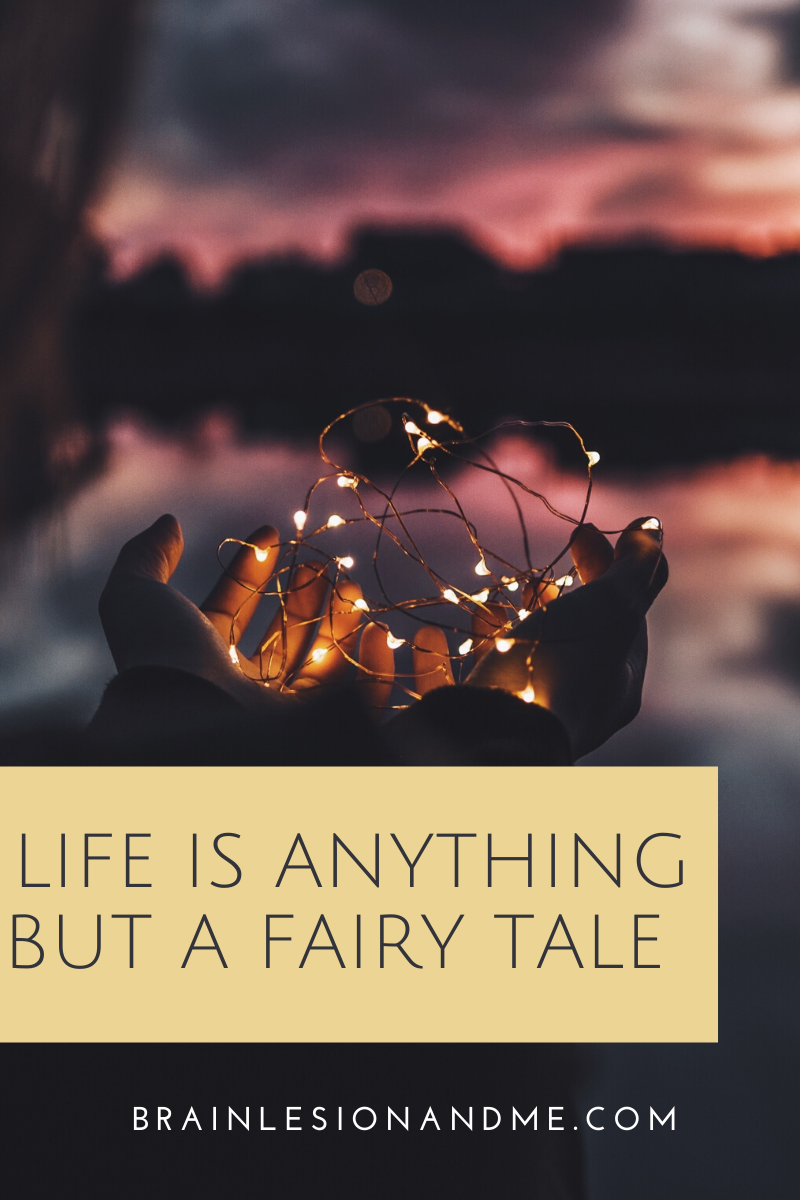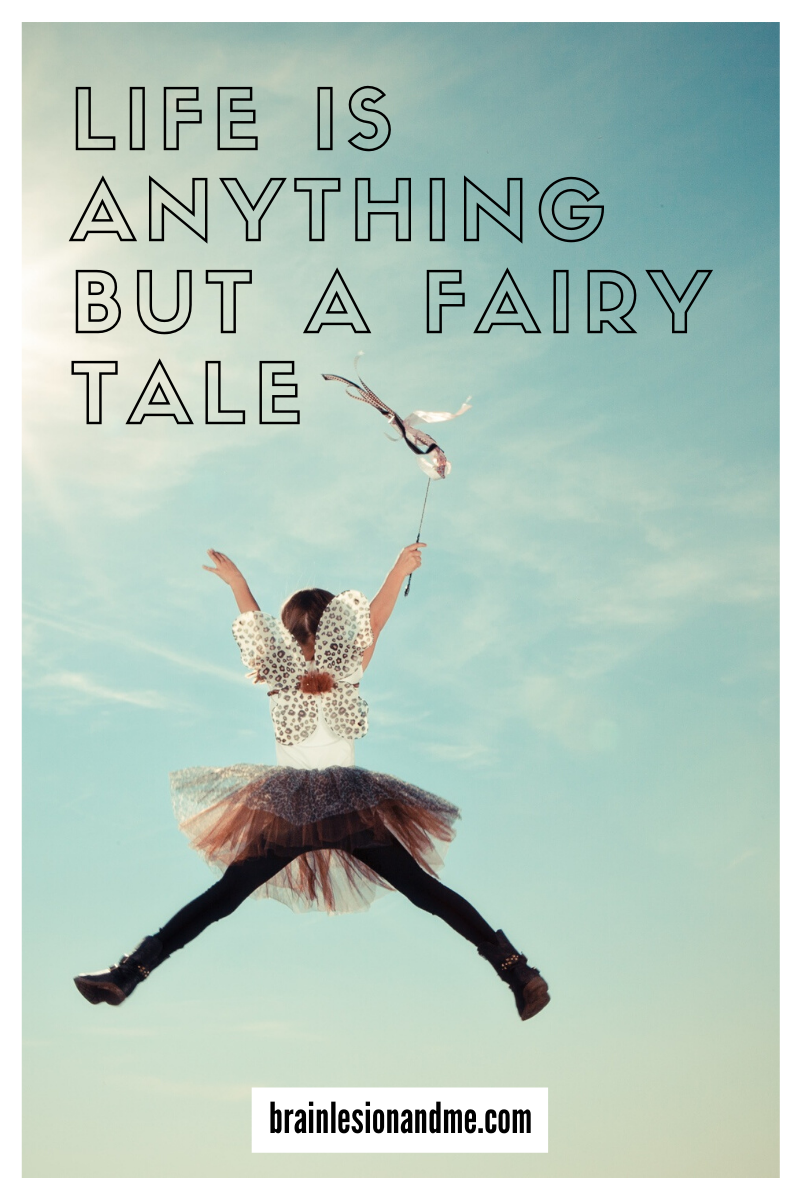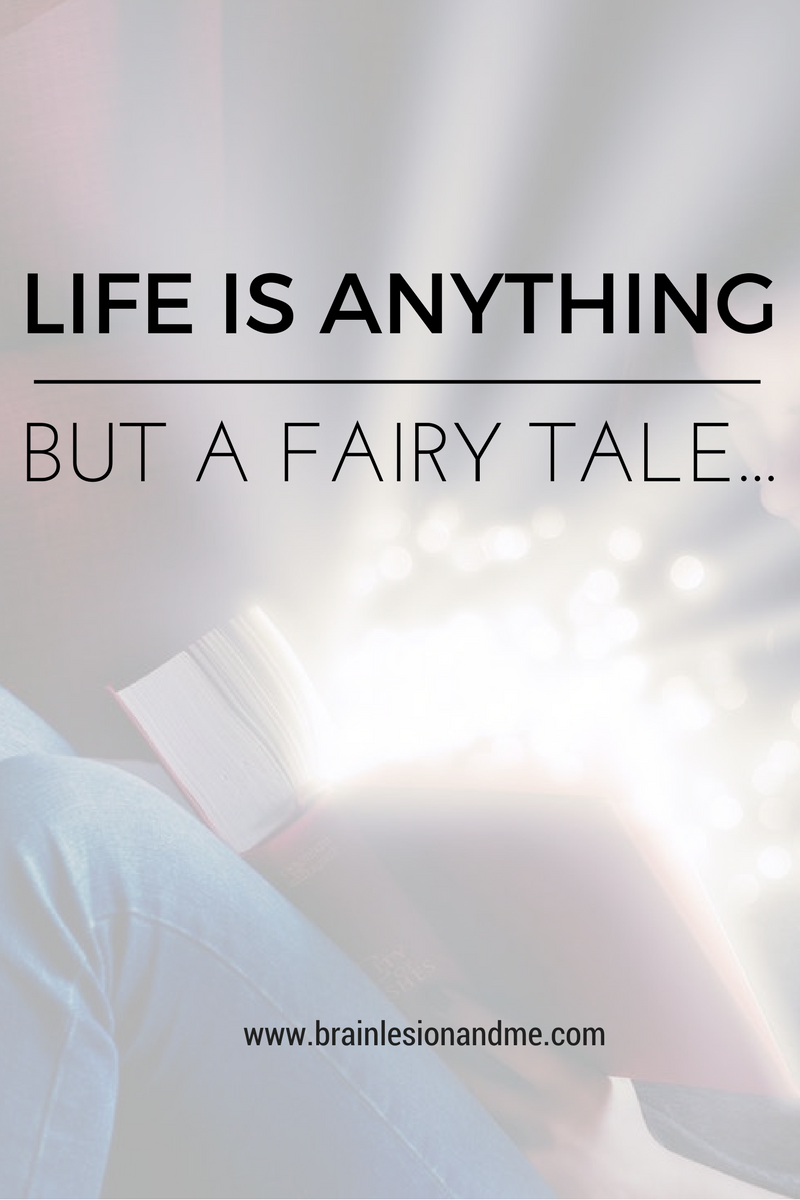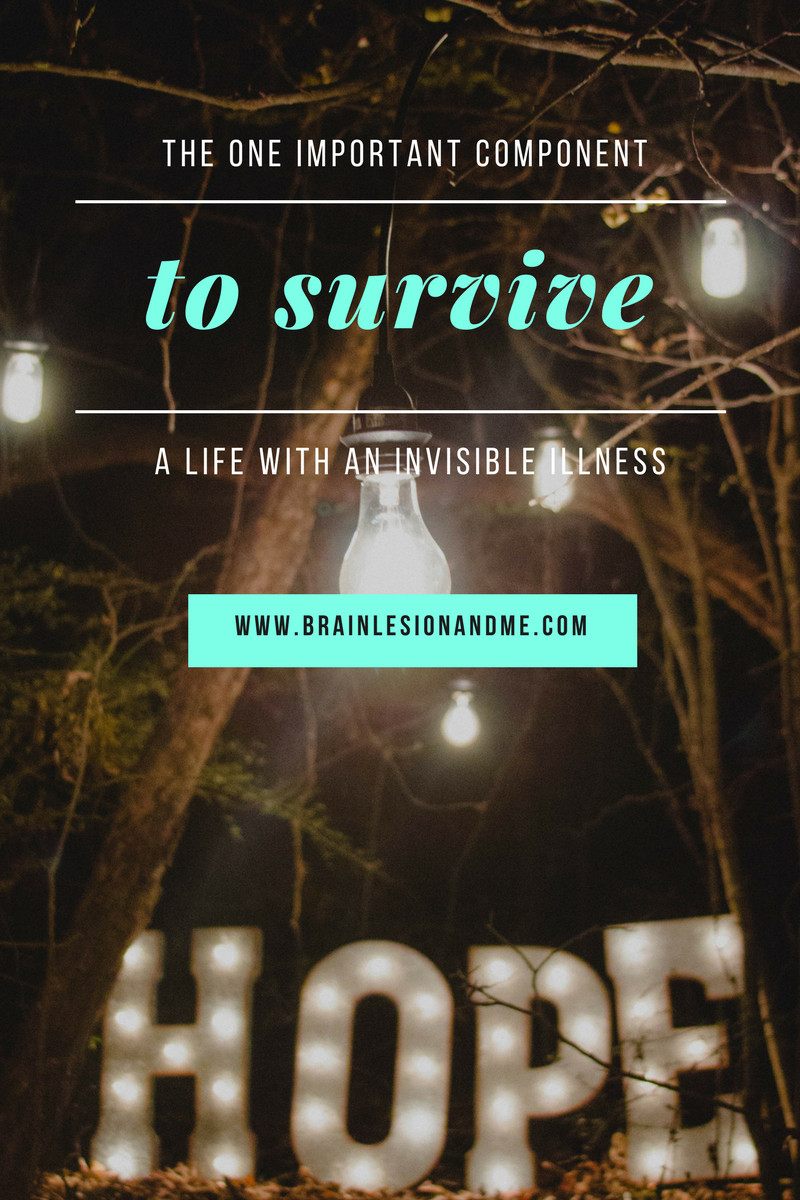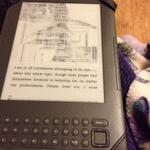Sorry for the recent lack of updates on the blog. Despite still being active on my social media sites, I, however, have struggled to find the time or energy to write a post for the blog. I had been experiencing good days during the last posts that I published. Still, unfortunately, as many of you living with a chronic illness will relate to, these good days do not last, and so my health has slowly regressed back and therefore bad days have replaced the good days. And days where life has been anything but a fairy tale.
Finding Solace and Comfort in Films
But, I have found time to watch films that I had wanted to see for some time.
I cried during ‘The Fault in Our Stars’ and enthralled with ‘Maleficent.’
Captivated by the story of the villain depicted in the classic Disney film ‘Sleeping Beauty’ and even more so by the enchanting performance by Angelina Jolie.

And I was particularly impressed by how Maleficent was not merely a retelling of the fairytale Sleeping Beauty.
Don’t get me wrong, I love fairy tales, my favourite being Beauty and the Beast, but let’s face it, they are all highly unrealistic.
They portray everything as being black or white, or characters being either good or evil.
What I loved about Maleficent, therefore, was the portrayal of the eponymous character as being both good and evil. Unlike classic fairy tales, the story of Maleficent portrayed various shades of grey.


Fairytales: A Metaphor of Life With Chronic Illness?
It then got me thinking of life with chronic illness.
If we were in a fairy tale, our illnesses would play the character of an evil beast. Illness becoming the role of a villain, much like Maleficent in Sleeping Beauty or Ursula from The Little Mermaid.
Our lives would be darkened and ruined by the beast that is inside of us.
Every day would be bad with no room for happiness, sunshine or joy.
However, just as real life is not merely black and white; I choose to believe that the experience of living with a chronic illness is more like the portrayal of Maleficent; no one thing is purely good or evil.
But life, and especially life with a chronic illness, is anything but a fairy tale.
Chronic Illness: A Hero Or A Villain?
I believe that even living with something as tricky as a chronic illness; there are a lot of different shades of grey.
There are good times despite living with chronic illness, even though the ‘sick’ days heavily outweigh the good ones.
"There are good times…even though the 'sick' days heavily outweigh the good ones." Click To TweetI also choose to believe that chronic illness can be both a hero and a villain, much like Maleficent.
It may sound strange to describe a chronic illness as a hero. Many would not think of such a title given the severe and debilitating symptoms we have to live with because of it.
However, chronic illness can also have a positive impact on our lives. It can teach us things about ourselves that we might never have known.
Chronic illness can also give us the strength and resilience to overcome many obstacles and limitations that our conditions create.
Furthermore, we can also become more empathetic and understanding as a result of our struggles with illness.
The Lessons That Chronic Illness Can Teach Us
Living with a long-term health condition can teach us some invaluable life lessons. Ones that we may never have learned if it wasn’t for illness. Such as the importance of learning to slow down and learning to appreciate the small things in life.
The severe and debilitating symptoms of chronic illness is the predominant reason that it plays the role of villain in our lives. But the lessons it teaches us proves that it can also play the role of a heroine.

Classic fairy tales have stereotypically portrayed us, females, as rather feeble and fragile. And in of rescuing by a handsome and athletic Prince
Modern Disney films, such as Mulan and Frozen, for example, have shattered these archetypes. They have shown that females have the strength and power to rescue themselves from the trials and tribulations that life has thrown at them.
My experience of living with a neurological condition has taught me of our abilities to rescue ourselves from our battles in whatever form that they take. Doctors, medications and other treatments for me and many others can only do so much. It is often down to us as individuals to self-manage our conditions. As well as finding little ways to help ease our symptoms or that which makes us feel better emotionally.
"Chronic illness has taught me we all have the power to rescue ourselves from our battles." Click To TweetIt is up to us to save ourselves from the depression and emotional pain that can result from living with a long-term chronic illness.
It is our responsibility to make sure we are happy and live the best life we can, regardless of the limitations upon us due to chronic illness.
Life Is Anything But A Fairy Tale
Classic fairy tales and Disney films are renowned for their ‘happily ever after’ and as we are all aware, in real-life, and especially a life with chronic illness happily ever after merely does not exist. Life being anything other than a fairy tale.
"There are no happy ever after's with chronic illness…but it does not mean that we cannot be happy." Click To TweetIt does not mean that we cannot be happy.
However, we need to find our idea of happiness, whatever that may entail.
Happy endings can be difficult to find as a result of chronic illness, but I would like to think that they do exist, but perhaps it means that we have to look that little bit more to find the rainbow through our storms.

